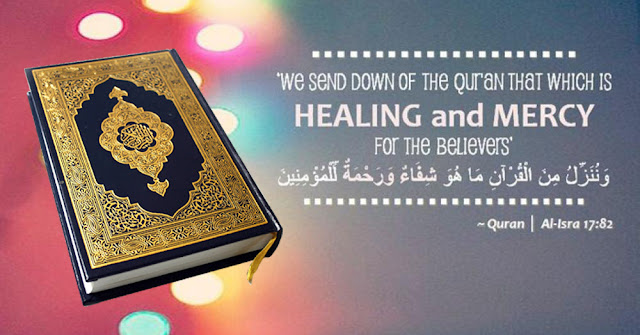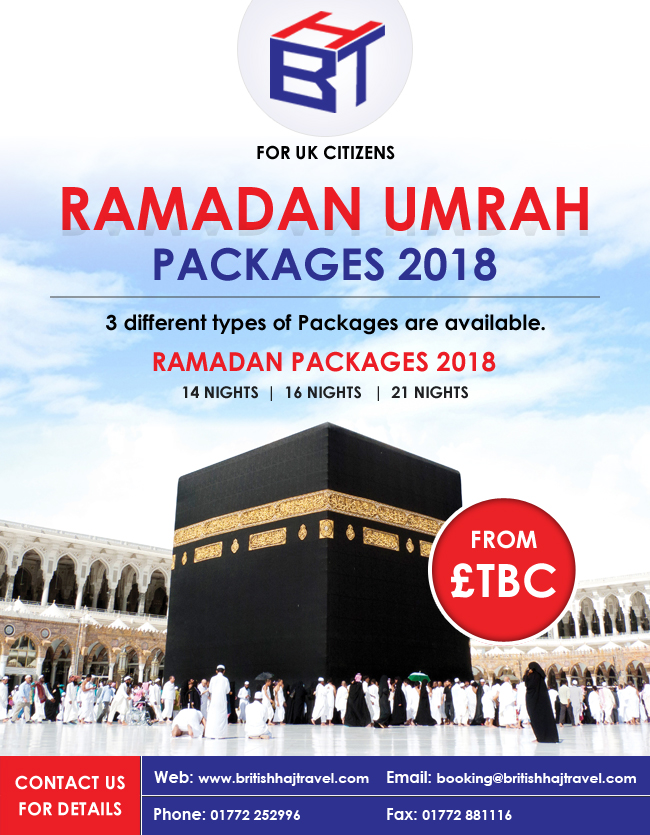No time for learning Qur’an
The sharp truth is: there is time. You do have time.
Where is all the time going?
We are blind to our time-eating, time-wasting habits. We underestimate how much time we waste on idle, unproductive, useless habits.
What are the things that are stealing our time away from us after we get back from work or school?
Work or school or college takes up a big chunk of our day. For most people that is 8 to 9 hours. That leaves you with a remaining 16 to 15 hours to accomplish your personal and spiritual goals, to have fun, rest, spend time with family, socialize, shop, and of course sleep.
Here are some places where you can find that lost time that we are all looking for.
Sleep
Research has shown that by the time you reach 70 years old, you would have slept for around 8,477 days. That is 23 years of your life asleep. In no way, do I advise you to go without sleep or even sharply reduce your sleeping hours.
We all need sleep, as Allah has said in the Qur’an, “And made your sleep [a means for] rest.” (chapter 78, verse 9)
The key here is to not oversleep, especially on weekends, holidays, and vacations. Also, a healthy adult needs no more than 7 to 8 hours of sleep a day. If you are sleeping around 10 to 12 hours a day, that is basically just throwing your time away.
The trick is to calculate how you can add in some time for Qur’an. For example, you can stay in bed for an extra half an hour than normal, to read some Qur’an before sleeping. Or, you can wake up half an hour earlier than normal and before rushing off to work, you can read Qur’an for half an hour. That simple change gives you 3 hours and a half each week dedicated to reading the Qur’an.
Another easy way to read Qur’an is to read just four pages after each of the five obligatory prayers. At the end of the day, you will be surprised that you have read an entire section or juz’ of the Qur’an, which is about 20 pages.
Mobile Phones and
Social Media Apps
According to research, in the year 2017, the average person spent 2 hours and 51 minutes each day on a mobile phone. That’s almost 3 hours every day, 21 hours every week, 84 hours every month. Imagine what could have been accomplished in this time!
Be aware of the time robbers. When you have to check an important message on your phone from a co-worker, check the message, reply to it, and put it down.
Often times, we reply to the important message but then waste half an hour going through the different posts on various social media apps, looking at photos, or reading posts of our friends and celebrities.
Set aside no more than 30 minutes in the evening to follow the different social media feeds, otherwise, resist the temptation to use those apps at all. Use your mobile phone positively, to help you accomplish your Qur’an learning goals. There are plenty of good apps, such as Quran Companion, Memorize, and iQuran Lite.
In the car
In your lifetime by the time you are 70 years old, you will have spent 1,099 days in a car. That is three years of your life sitting in a car, probably on your mobile phone. For school and college students who don’t drive yet, and for women in KSA, and others who may ride with someone else or take a bus to work, being in the car is the golden time to memorize Qur’an. Some people have memorized the entire Qur’an, only in car rides. Always carry with you a small Qur’an when you are a passenger in the car, to study and revise the Qur’an.
Media- TV- YouTube
Research has shown that an average American watches television or YouTube or other forms of media for 5 hours every day. The numbers are not much better for Saudi Arabia, as Saudis are the world’s top per capita users of YouTube. According to a report in CBC News, Saudis account for an astounding 190 million YouTube views each day, that’s a rough average of more than six views per citizen per day. Often times, viewers are seeking entertainment, which again is a sheer waste of time.
Advice when it comes to media:
• Do not watch idle TV shows and the popular soap operas.
• Do not gorge on YouTube, find a balance.
• Never subscribe to Netflix.
• Do not watch junk, and always put a time limit.
• If you do want to unwind and watch something on YouTube, make smart choices. Watch videos that help you learn a new skill, or tips that can build your self-confidence. Watch something that will help you grow, intellectually or spiritually.
There are excellent YouTube programs that are enjoyable and can help you understand and appreciate the Qur’an better. The programs Amazed by the Qur’an and also Qur’an Weekly, both by Nouman Ali Khan, shed light on the meanings of the verses of the Qur’an and life lessons we can learn from the verses. As for beautiful recitations of the Qur’an, you can click on Awesome Qur’an and listen to the chapter of the Qur’an that you are memorizing.
We cannot continue using the excuse “I don’t have time” because we do have time; it is just a matter of prioritizing what we want to do with that time.
When the Muslims were great, they were great because they were connected to the Book of Allah and because they worked diligently to learn the religion and also sciences of the world. They were spiritual leaders and also leaders in education, medicine, mathematics, economics, and other fields.
Look to the example the companion, Abdullah ibn Mubarak, who learned from 4,000 teachers during his lifetime and he had to go to them to study. He said, “I spent thirty years learning manners, and I spent twenty years learning knowledge.”
The people before us were devoted to the Qur’an. Some would read the entire Qur’an every month, others in ten days, others every week. They would read Qur’an in good times and in bad times and even when they were busy.
source: saudigazette.com.sa






